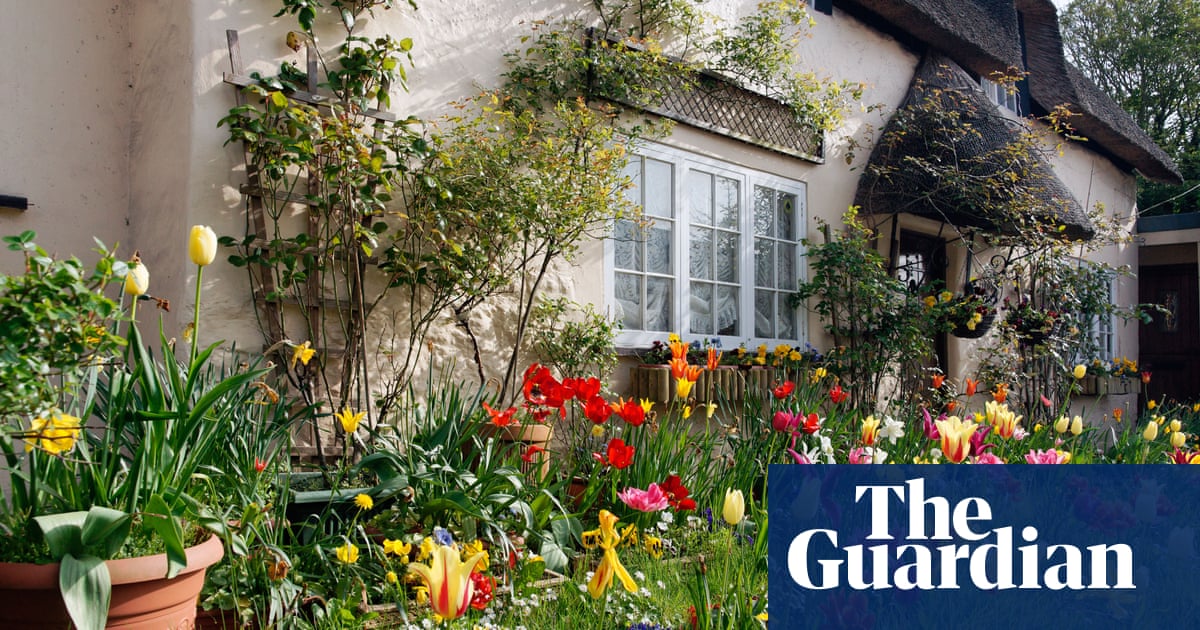Housing market at its strongest since Truss mini-budget aftermath

The UK housing market is at its strongest since the aftermath of Liz Truss’s infamous mini-budget that sent borrowing costs soaring, according to the latest figures.
Nationwide said house prices grew at an annual rate of 2.4% in August, up from 2.1% in July and the fastest rate since December 2022.
Separate figures from the Bank of England showed there were nearly 62,000 mortgages approved for homebuyers in July, the highest total since September 2022 – the same month as the former prime minister’s disastrous mini-budget. The Bank also revised mortgage approval figures for June slightly upwards.
The UK housing market has been buoyed up by the Bank’s move this month to reduce rates from 5.25% to 5%, the first cut in four and a half years. Lenders have responded to the cut by introducing more competitive mortgage rates while Lloyds Bank, Britain’s biggest mortgage provider, announced on Thursday it would increase the maximum sum it was willing to lend to first-time buyers.
Under the £2bn initiative, which experts say will bring home ownership within the reach of more prospective buyers, the Lloyds and Halifax chains will allow new buyers to take out loans worth up to 5.5 times their household annual income – up from 4.49 times.
“Summer may be coming to an end but there’s certainly no end in sight when it comes to the improvements being seen across the UK property market,” said Marc von Grundherr, a director at the estate agent Benham and Reeves. “It’s quite remarkable just how swiftly the market has accelerated in just a few short months.”
Von Grundherr said he believed Labour’s warning of a “painful” October budget and a potential worsening of economic conditions in the short term would not slow the burgeoning recovery in the housing market. “This is unlikely to derail the ambitions of the UK’s buyers and sellers, who are now making their move with confidence following a prolonged period of market uncertainty,” he said.
Earlier this month the mortgage lender Halifax forecast that UK house prices would continue to grow throughout the rest of this year, as mortgage rates began to drop after the cut in interest rates.
Nationwide said the average house price in the UK was £265,375 in August, down 0.2% on the previous month. The month-on-month drop is the first since April, reversing monthly increases of between 0.2% and 0.4%, although the price of an average UK house remains at its highest level since October 2022.
“While house price growth and activity remains subdued by historic standards, they nevertheless present a picture of resilience in the context of the higher interest rate environment, and where house prices remain high relative to average earnings – which makes raising a deposit more challenging,” said Robert Gardner, the chief economist at Nationwide.
after newsletter promotion
Verona Frankish, the chief executive of the online property seller Yopa, said the new figures provided a first look at house price performance since interest rates were cut at the start of August. “Despite the very marginal monthly decline, it’s clear that the first reduction in four months has helped to further boost the market momentum, with yet another strong rate of annual house price growth being seen,” she said.
Frankish said that while rates remained “considerably higher” than buyers and sellers were used to, the expectation of the Bank of England making another cut this year “should only help to strengthen buyer appetites further”.
Related
Why investing in women is a vital next step for…
Get Nadine White's Race Report newsletter for a fresh perspective on the week's newsGet our free newsletter from The Independent's Race CorrespondentGet our fre
Business secretary signals major shift on electric car policy to…
In a determined effort to retain Nissan’s manufacturing presence in Britain, Business Secretary Jonathan Reynolds has vowed to implement “substantial c
Joint Statement: Business Secretary and Fujitsu Services Ltd
Business and Trade Secretary Jonathan Reynolds today (Friday 7 March) met chiefs for Fujitsu in Tokyo to begin talks over the cost of redress for victims of th
UK foreign secretary backs multilateral defence funding for Europe
UK foreign secretary David Lammy has said that a new multilateral fund will be needed to secure Europe’s defence as he confirmed that Britain is “open to”













